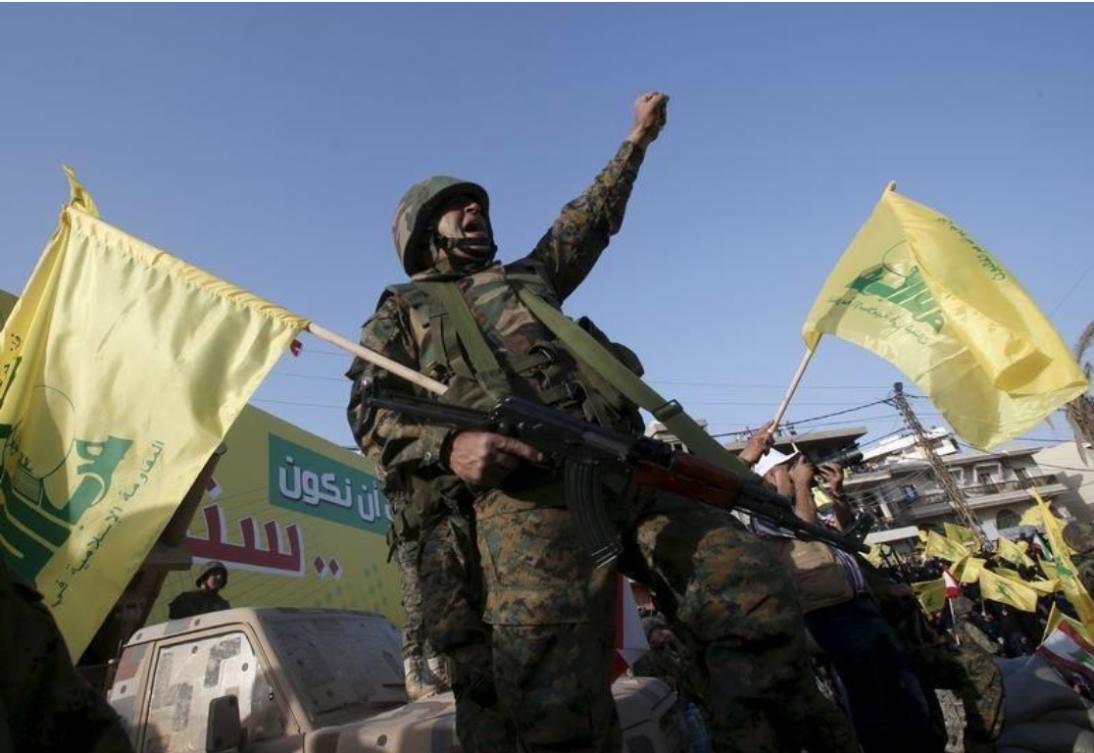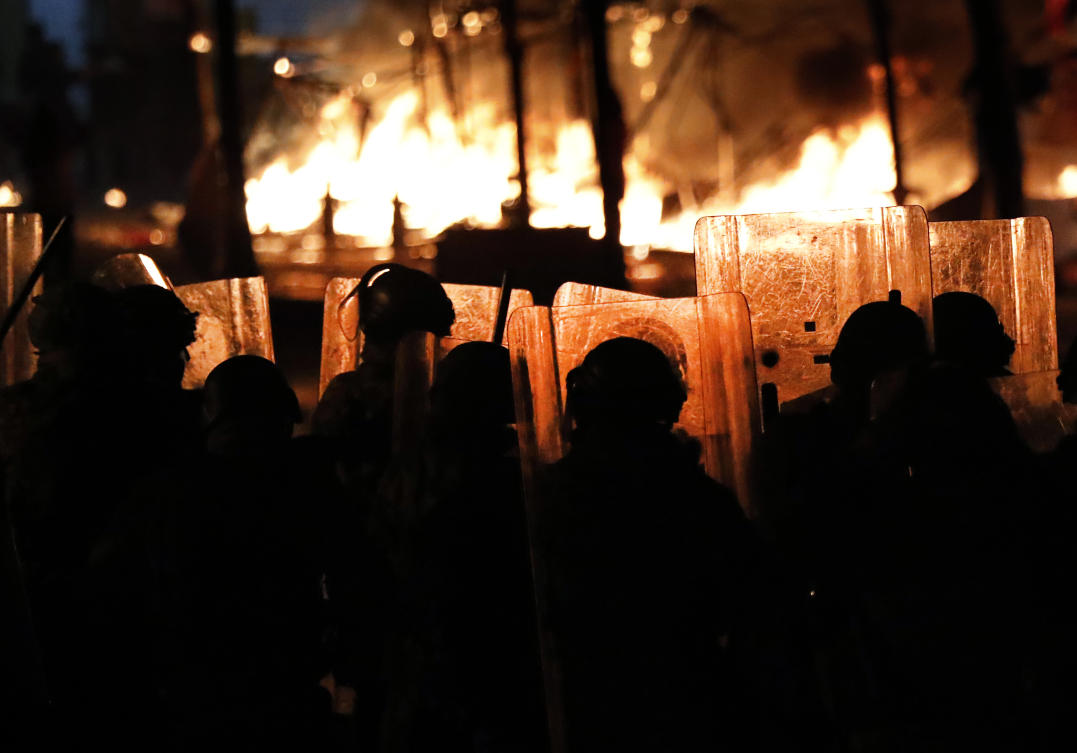British MPs call for UK to recognize Palestinian state
LONDON: A group of British MPs has called for the UK to recognize the state of Palestine ahead of a visit by Prince Charles to Israel and the occupied Palestinian territories.
In a letter to The Times, the MPs, along with figures from think tanks and pressure groups, said the move was long overdue and would help fulfil Britain’s “promise of equal rights for peoples in two states.”
The call comes as the heir to the British throne travels on Thursday to Israel and the occupied West Bank.
During the visit, he will meet Palestinian President Mahmoud Abbas in Bethlehem and Israeli President Reuven Rivlin in Jerusalem.
Prince Charles will also attend the World Holocaust Forum to mark the 75th anniversary of the liberation of the Auschwitz concentration camp.
The letter said since 2014, no meaningful progress has been made in the peace process, and Israel’s actions are pushing a two-state solution beyond reach.
“Illegal Israeli settlements, described by the Foreign Office as undermining peace efforts, are expanding,” the letter said.
Among the signatories are Emily Thornberry, a candidate for the Labour Party leadership, and Crispin Blunt, chairman of the Conservative Middle East Council.
Husam Zomlot, the Palestinian envoy to the UK, welcomed the move but said full recognition from the British government should have happened many years ago.
“Recognition doesn’t contradict peace-making and negotiations,” Zomlot told Arab News, referring to the main argument used by the UK against taking such a step.
If not now, when? H. E. @hzomlot thanks the UK MPs and heads of organisation who called for the recognition of #Palestine in a letter published in The Times newspaper today. pic.twitter.com/H4wifhuYEh
— Palestine in the UK (@PalMissionUK) January 20, 2020
“It reinforces the vision (of a Palestinian state) and a negotiated two-state solution. It should happen now because of the threat of annexation (of Palestinian territory) and the killing of the two-state solution.”
Alistair Carmichael, a Liberal Democrat MP who signed the letter, told Arab News that the policies of Israeli Prime Minister Benjamin Netanyahu’s government toward Palestine “makes the achievement of a two-state solution more and more remote with every week that passes.”
He said: “The UK has historic and political obligations toward Israelis and Palestinians. There’s now no longer any good reason not to recognize the state of Palestine.”
A spokesman for Labour MP Fabian Hamilton, who also signed the letter, told Arab News: “The fact that this has cross-party support shows the growing desire across Parliament for the recognition of a Palestinian state and a two-state solution.”
Chris Doyle, director of the Council for Arab-British Understanding, said the international community needs to finally stand up for the solution that it has had on the table for decades.
Doyle, an Arab News columnist, said the letter is an “indication that many people in British politics think we should be doing this, we should be standing up for the Palestinian right to self-determination, the legal rights, at a time when the state of Israel is doing everything to stop this, to take more land from the Palestinians.”
The letter was timed to coincide with a meeting of European foreign ministers on Monday, who discussed the Middle East peace process.
The Palestinian Authority, which runs parts of the West Bank, has been increasing calls for European countries to recognize the state of Palestine as the US has shifted to a more pro-Israel stance, including recognizing Jerusalem as Israel’s capital in 2017.
Writing in The Guardian on Monday, Saeb Erekat, secretary-general of the Palestine Liberation Organization, said Europe could strengthen its role in the peace process if it recognized Palestine.
“European recognition of this state is not only a European responsibility but a concrete way to move toward a just and lasting peace,” he said.
Only nine out of the 28 EU countries have so far recognized Palestine as a state, compared to 138 out of the 193 UN member states.
In 2011, the UK’s then-Foreign Minister William Hague said the British government “reserves the right” to recognize Palestine “at a time of our own choosing, and when it can best serve the cause of peace.”
In 2012, the UN General Assembly voted to upgrade Palestine’s status to that of “non-member observer state.”
Zomlot said that the UK has a historically important role in the Palestinian issue, dating back to the British mandate of Palestine (1920-1948, the Balfour Declaration — a public statement issued by the British government in 1917 that expressed support to the formation of “a national home for the Jewish people” — and subsequently the 1948 Nakba (catastrophe) and the military occupation of that 1967 borders.
“With the current quest for the UK to be a global player and post-Brexit, we believe that the UK could be a very important factor in achieving Middle East peace,” he added.

Catholic bishops call on West to recognize PalestineIsraeli, Palestinian youth fear conflict will ‘never end,’ says poll



